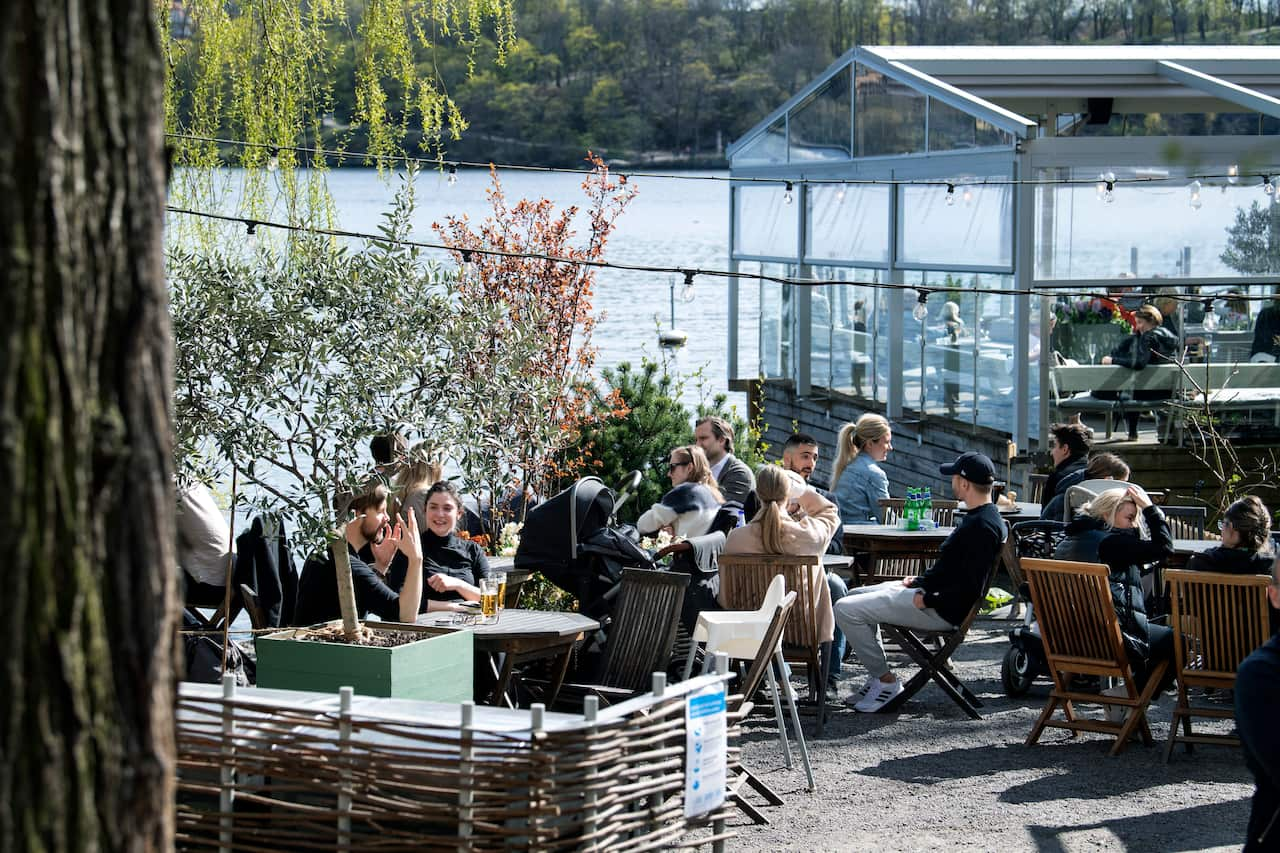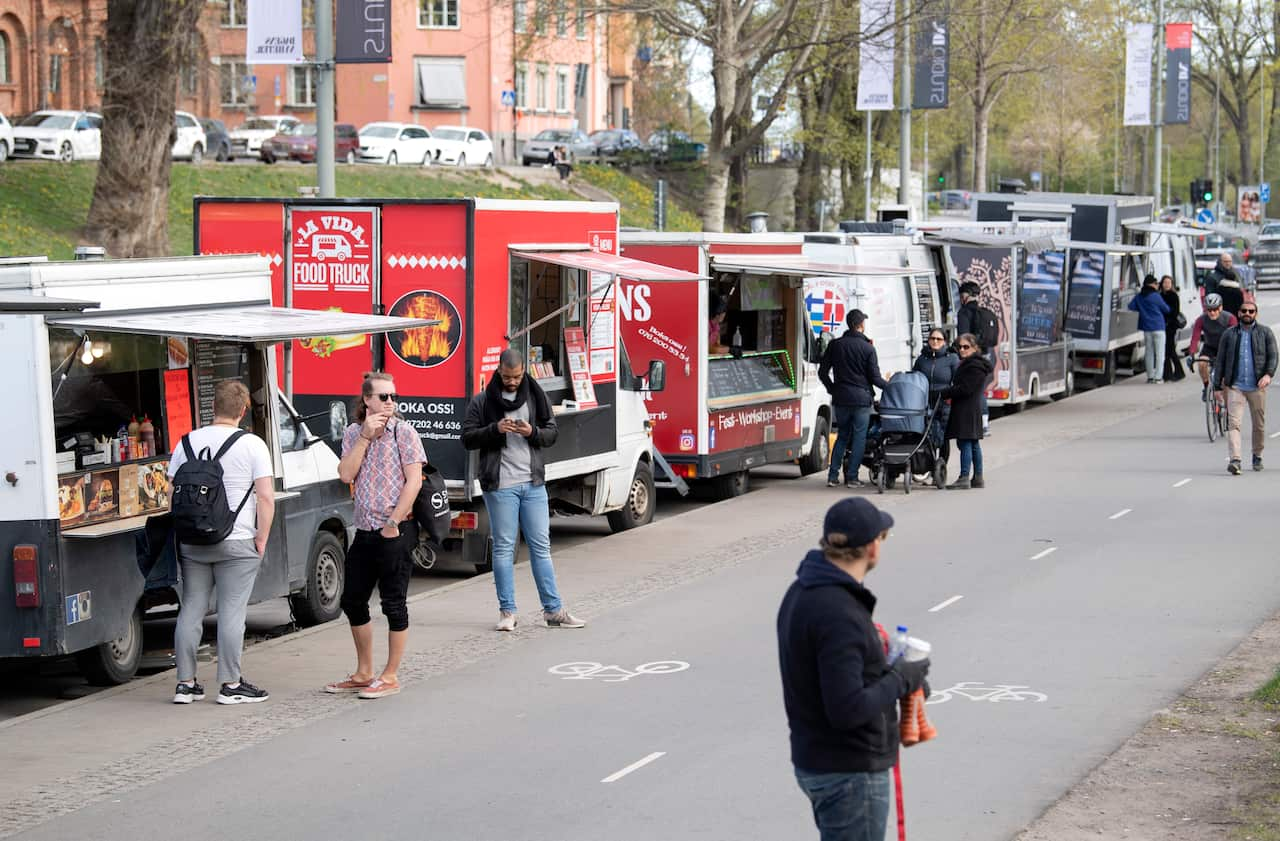Sweden, whose softer approach to combatting the coronavirus pandemic has garnered international attention, is ordering the closure of five Stockholm bars and restaurants that failed to respect social distancing guidelines.
The Scandinavian country has allowed schools for under-16s, cafes, bars, restaurants and businesses to stay open while urging people and businesses to respect social distancing guidelines.
Restaurants and bars are only allowed to provide table service, with tables spaced one to two metres apart to prevent overcrowding.
While data suggests most Swedes are voluntarily practicing social distancing, photos have made the rounds worldwide in recent weeks of Stockholmers soaking up the spring sunshine sitting at crammed restaurant terraces, or queuing closely together outside nightclubs.

Four of the five bars and restaurants are located in the trendy Sodermalm neighbourhood, popular with young partygoers.
"The main problem was overcrowding, both inside the premises and outdoors," Stockholm health official Per Follin told news agency TT.
He said their closure was immediate and until further notice.
Among other restrictions Sweden has imposed are bans on visits to retirement homes and on gatherings of more than 50 people.
It has also urged people to work at home if possible, and recommended people over the age of 70 and in risk groups to limit contacts with others.

The Swedish approach has received criticism both domestically and internationally as its death toll has leapt much higher than its Nordic neighbours, which have all instituted more restrictive containment measures.
As of Sunday, Sweden, which has 10.3 million inhabitants, reported 2,194 COVID-19 deaths, compared to 422 in Denmark and 193 in Norway, whose populations are about half the size.
Swedish officials have nonetheless insisted their plan is sustainable in the long-term, rejecting drastic short-term measures as too ineffective to justify their impact on society.

